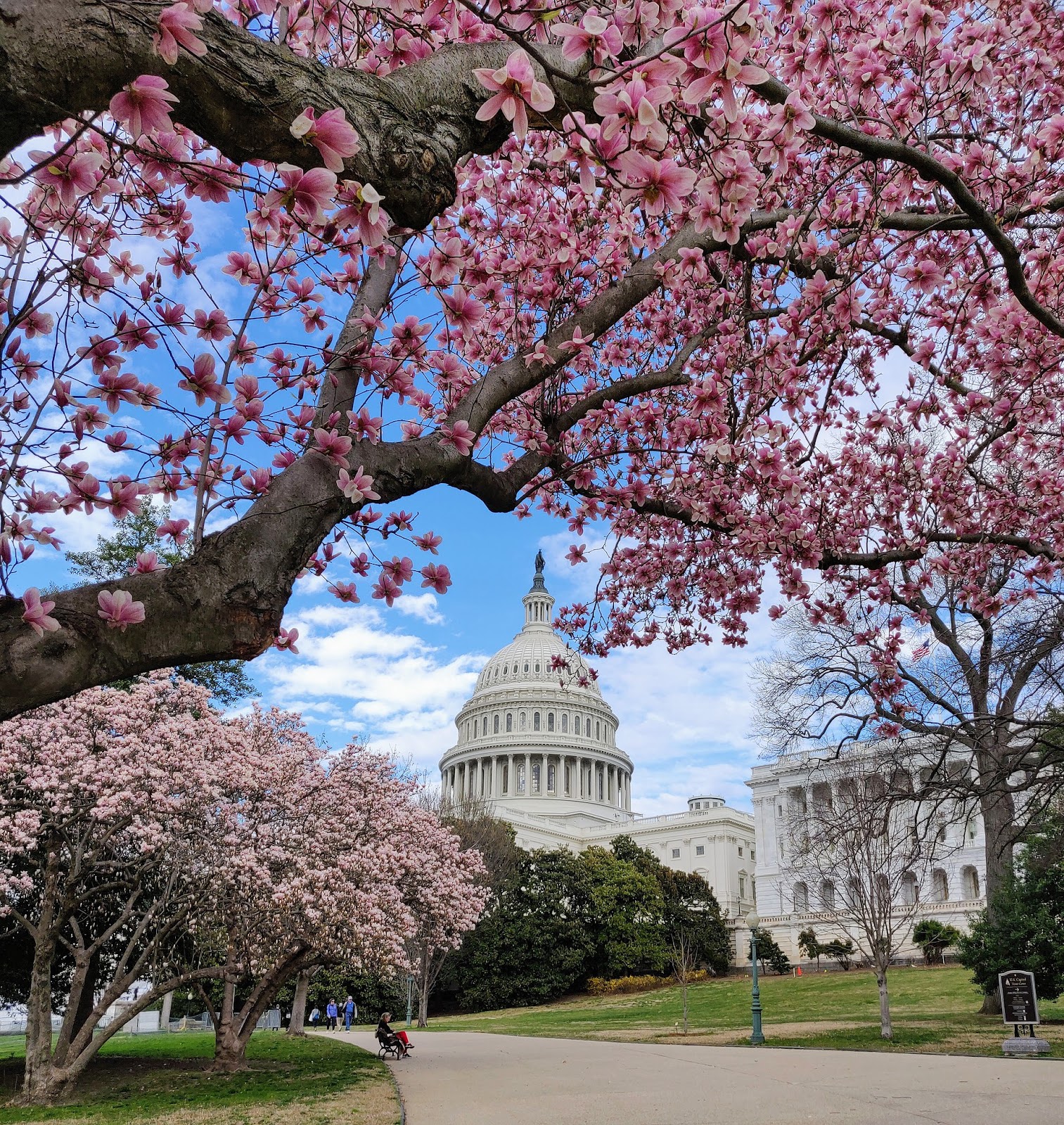_(2).jpg) |
| "Solar Panels at Topaz Solar 1." 2014 Sarah Swenty/USFWS. Public Domain. via Wikimedia Commons. |
Thursday, May 4, 2023
The New Geography of US Clean Energy Manufacturing.
Wednesday, May 3, 2023
Restoring Trust: The Urgent Need for Ethics Reform in the Supreme Court.
.jpg) |
| Judge J. Michael Luttig, 2005. Work of Dept. of Labor, Public Domain. via Wikimedia Commons. |
Tuesday, May 2, 2023
Presidential Limits in the Debt Ceiling Showdown.
 |
14th Amendment of the United States Constitution, page 2. (Section 4, shown above, concerns public debts.) Work of NARA, Public Domain. via Wikimedia Commons. |
Sunday, April 30, 2023
Addressing Homelessness in Sonoma Valley.
 |
"Sonoma Valley." © 2020 TJM97. |
Wednesday, April 26, 2023
McCarthy's Struggle to Unite Republicans.
 |
"Magnolias bloom on the Capitol Grounds." © 2020 sdkb. via Wikimedia Commons. |
Tuesday, April 25, 2023
AI Transforming Self-Perception.
.jpg) |
| Sigmund Freud, c. 1921. By Max Halberstadt. Public Domain. via Wikimedia Commons. |
The essay draws comparisons between LLMs and pivotal moments in history, such as the introduction of the web browser, the printing press, and psychoanalysis, each of which significantly altered how people access knowledge and perceive themselves. As LLMs evolve, they could fundamentally shift the way we engage with information and each other. Some researchers even envision AI entities developing unique personalities, becoming externalized versions of users' inner voices or emulating the personalities of deceased individuals.
The true nature of AI models remains a contentious issue among researchers. Some argue that these models have no real understanding and merely parrot patterns from training data ("pseudocognition"), while others believe the models possess abilities that cannot be distinguished from genuine understanding. This debate echoes Freud's concept of the uncanny, and may influence how people perceive themselves, potentially reinforcing the idea that humans are not masters of their own existence.
There are further drawbacks to the rise of LLMs. They are capable of generating plausible but false information, a phenomenon known as "hallucination" or "confabulation," raising concerns about the potential for spreading disinformation, deep fakes, and fabricated content. This challenges the integrity of public debate and highlights the need to address the negative implications of AI-generated content while leveraging its potential benefits.
To address the implications of LLMs, the article emphasizes the importance of considering AI ethics, including unconscious biases in training, the responsibilities of AI creators, and the regulation of AI upbringing. It calls for a thorough examination of human desires and motivations in relation to LLM development and the potential societal impact. As AI continues to evolve, society must prepare for both the positive and negative consequences.
Monday, April 24, 2023
The Tucker Carlson Saga: A Shocking Departure and a Controversial Career.
_(cropped).jpg) |
Tucker Carlson, 2022. © 2022 Gage Skidmore via Wikimedia Commons. |
